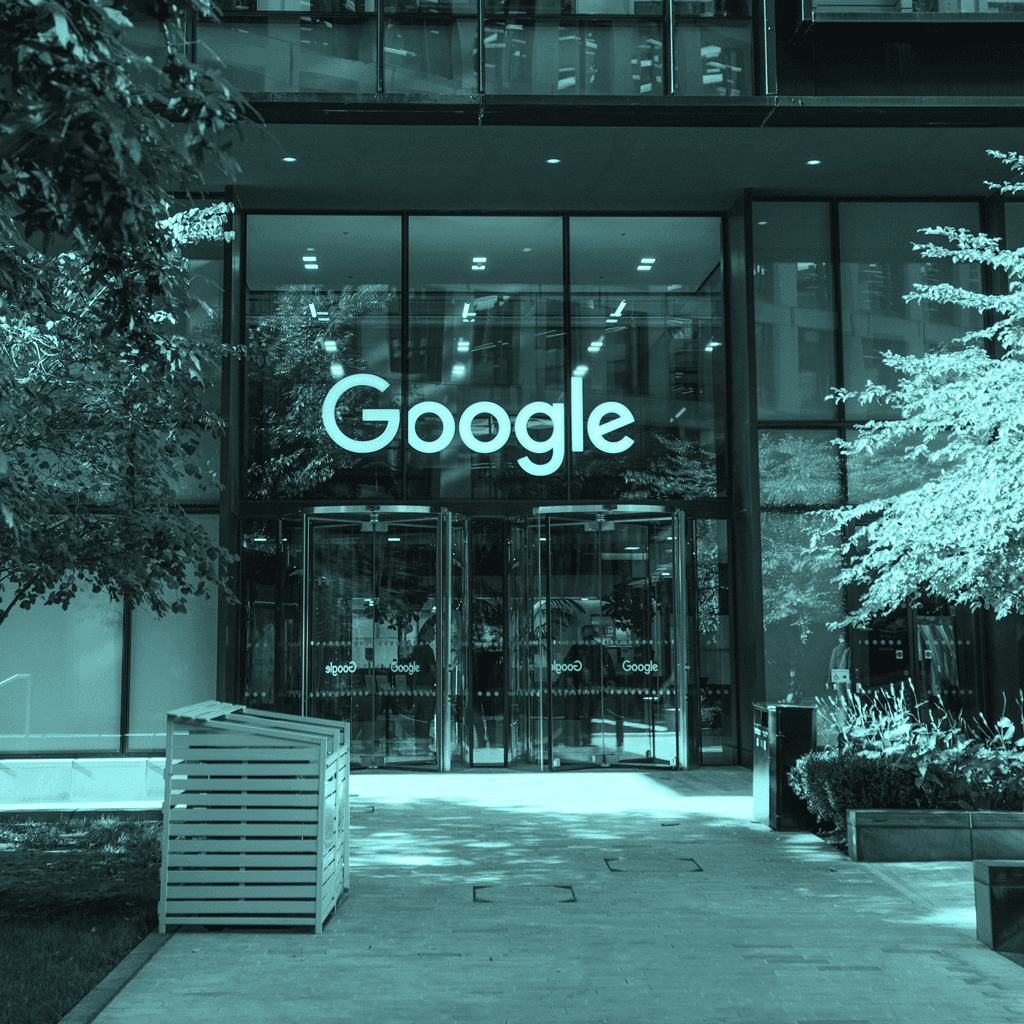By now, you’ve likely caught wind of a significant leak in the SEO community. A little over a week ago, Google’s search API documentation was leaked on GitHub and eventually analyzed in blogs published by SEO gurus like Rand Fishkin and Mike King. The leak likely won’t influence much change in your day-to-day SEO strategy unless it is far outside the mainstream, white hat-recommended tactics. If you’ve been following Google’s SEO guidelines, you shouldn’t scrap everything and start over based on this leak.
Much of the “drama” over the leak is because it correlates with, if not confirms, what most SEOs have believed for years about Google’s search algorithm and how it uses specific signals like “Domain Authority” (or “siteAuthority” in the documentation), despite the fact that Google’s spokespeople have denied the use of those signals. It’s important to underline, though, that because this is documentation, we don’t know how heavily Google weighs any of these signals; we only know that they exist. Think of it as having access to the glossary but not the entire research paper—we know the author uses these words in the paper, and we can better infer how the study is performed and the results, but we don’t know exactly how important the glossary terms are to the final outcome.
Key Takeaways
The detailed analyses and the documentation itself are fascinating for SEOs, but if you’re a digital marketing manager, you may just be looking for the headlines. I talked to our President, Robert Langenback, and our Director of Search Marketing & Analytics, Dan Ciardi, to compile a list of what we think our client representatives would be most interested in learning from the leak.
Established Brands Win & the Branded Search Volume Ratio Theory
There are themes in the documentation around established brands. As Dan describes, “An important theme of the leak is just how much Google favors bigger, established brands. There are a number of brand signals built into the algorithm, and Google’s handling of click data will tend to reinforce the brands who are already associated with a given product. That’s been an observable pattern in Google SERPs for years, but it highlights the uphill climb that many smaller brands will face in SEO. A lot of the growth opportunity for organic search is in the lower-volume, longer-tail keywords where the big brands may be less competitive, which is where a solid content strategy comes into play.”
Similarly, in his Whiteboard Friday discussion on the leak, Tom Capper at Moz talks about a theme he sees in the documentation that would suggest Google uses a Branded Search Ratio to influence a site’s non-brand rankings. In short, the more search volume there is for [your brand] + [keyword] the more the algorithm would infer that searchers feel that keyword is important to your brand.
The Type of Click Is Important
The documentation features “goodClicks,” “badClicks,” and “lastLongestClicks,” suggesting that not only do you need to capture clicks in the SERPs with accurately targeted optimization, you also need to deliver on your promise. If a user clicks on your page in the SERPs and finds your landing page unhelpful, then bounces, this documentation suggests that will reflect poorly in the algorithm.
Domain Authority Is Real
As I mentioned above, the documentation shows Google is using a feature named siteAuthority. This suggests Google is determining the strength of a brand as a whole versus only how well a page is optimized, i.e., your site’s overall performance will boost its individual pages.
Human Ratings Are Either a Direct Factor or a Guiding Factor
The inclusion of “humanRatings” shows the incorporation of Google’s Quality Rater Guidelines, which use humans to review and rate websites. It’s a reminder that we should always be catering to humans first.
E-E-A-T Shouldn’t Be Taken Literally
The acronym at the center of Google’s Quality Rater Guidelines should be used as a guiding light. Some have assumed the definition of “experience, expertise, authoritativeness, and trustworthiness” (E-E-A-T) to be much narrower than the leaked API documentation now suggests. The specific example Mike King used and Rand Fishkin referenced is the attempt by some sites to build an author’s authority based on the assumption Google’s algorithm would track author names (this reminds me of when we all thought authors needed a Google+ account to rank content back in the early/mid-2010s).
As it turns out, the documentation suggests Google doesn’t store author data. Instead of looking at E-E-A-T, I think sites should focus on the bigger picture: Is my content helpful and unique in a way that only an expert or authority with experience in the topic can provide? Or, is it generated by a few quick searches and the result sounds like the bad SEO copy we all hate?
Google Scores Original Content
I put this after E-E-A-T for good reason: I think originality goes hand-in-hand with experience. The documentation defines “OriginalContentScore”—and as Mike King puts it perfectly, “This is probably why thin content is not always a function of length.” Short content can rank if it’s truly original.
The Biggest Takeaway
One thing we can count on is that Google will continuously refine its search algorithm to make the user experience better (while increasing revenue). And with those changes, many SEOs will scramble to find the loopholes left behind. But EightOhTwo President Rob Langenback reminds us, “The Google algorithm leak confirms what we’ve long advocated: effective SEO requires a holistic approach. There are no shortcuts to sustainable SEO success. While clients may feel anxious about the volatility suggested by these leaks, we can reassure them that our approach is built on long-term, adaptable strategies that align with their business goals. Our strategies should be rooted in genuine value creation, leveraging high-quality content and a superior user experience, rather than attempting to exploit algorithmic loopholes.”
More headlines will certainly come out of the leak as SEOs have time to digest, debate, and correlate the documentation. We’re looking forward to more discussions with our clients and peers about this important development. If you have any questions for us about what these and other takeaways from the leak might mean for your site, please shoot us a message through the contact form, or hit us up on LinkedIn. We’re always happy to chat SEO, especially with those who have this leak on their radar!
Want to dig in deeper on your own? Here are some links to analyses from around the industry:





